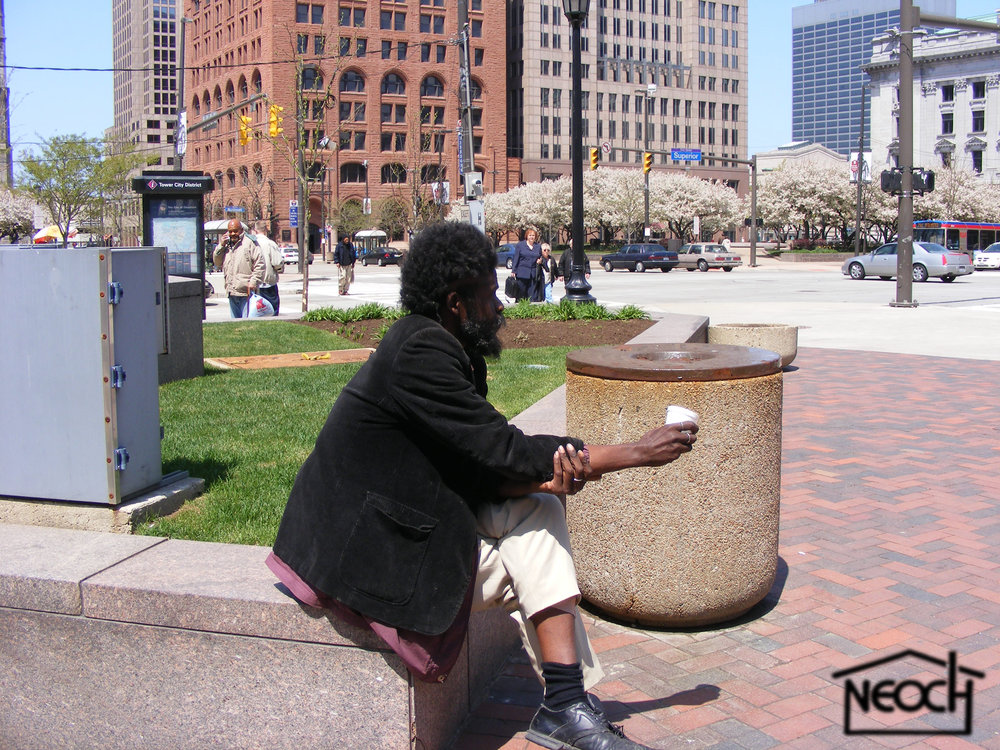Panhandling Does Not Pay Very Well
 There are amazing over estimates of panhandlers in our community. Many believe these guys are making hundreds of dollars and a living on easy street. A new study was released which paints a different picture of the life of a panhandler. Research out of San Francisco surveyed 146 panhandlers and found that they averaged $25 per day. This in one of the wealthiest cities in America with one of the more sizable homeless and panhandling populations in America. The Union Square Business Improvement District commissioned the study and found that even if the average panhandler worked 7 days a week they would not be able to afford housing at the fair market rent in one of the most expensive rental cities in America. The richer the pedestrian population, the more disposable income and the more likely the individual will give to a panhandler.
There are amazing over estimates of panhandlers in our community. Many believe these guys are making hundreds of dollars and a living on easy street. A new study was released which paints a different picture of the life of a panhandler. Research out of San Francisco surveyed 146 panhandlers and found that they averaged $25 per day. This in one of the wealthiest cities in America with one of the more sizable homeless and panhandling populations in America. The Union Square Business Improvement District commissioned the study and found that even if the average panhandler worked 7 days a week they would not be able to afford housing at the fair market rent in one of the most expensive rental cities in America. The richer the pedestrian population, the more disposable income and the more likely the individual will give to a panhandler.
Most people believe these guys who beg for money make a mint. There are myths about panhandlers driving expensive cars while begging for money. This sets this mythology straight. Most panhandlers are making below poverty wages, and it is a tough existence. You have to go out in the heat, rain and in Cleveland in the winter snow. If they take the day off, they do not get paid. There is no vacation or sick leave for panhandler. It is a tough existence for spare change. The survey did not say how long it took these guys to make $25, but I would guess around 6 hours a day of being told "Get a Job" by hundreds of people. Since the survey was not clear on the number of hours, it is hard to say how much the panhandler makes per hour, but there is no doubt panhandling does make a living wage.
The typical panhandler in San Francisco is a middle aged single male who is disabled and a member of a minority population. The panhandler typically beg for five years, and 94% use their money to purchase food. Only 3 percent of those panhandlers were not interested in finding housing. Nearly 70% were single and over a quarter had served in the US military. 53% panhandle seven days a week, which means that they do not have the luxury of taking days off and live day to day. 44% use the proceeds of their panhandling for drugs or alcohol, and one quarter admit they are alcoholics (32% admit being drug addicts). 82% claimed to be without housing.
It points out the need to find alternatives to panhandling (like the street newspaper movement). It dispels the myths that these guys pretend to be homeless when they are not always. This study shows that panhandling is a tough existence and is not a quick path off the streets.
Brian Davis
Posts reflect the opinion of those who sign the entry
